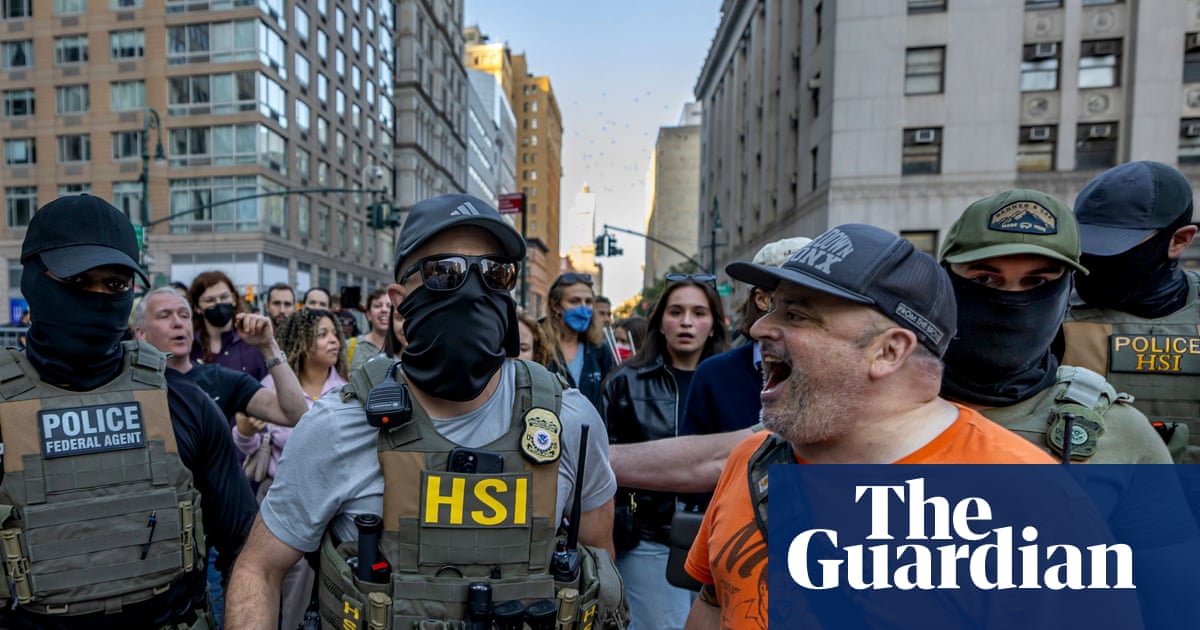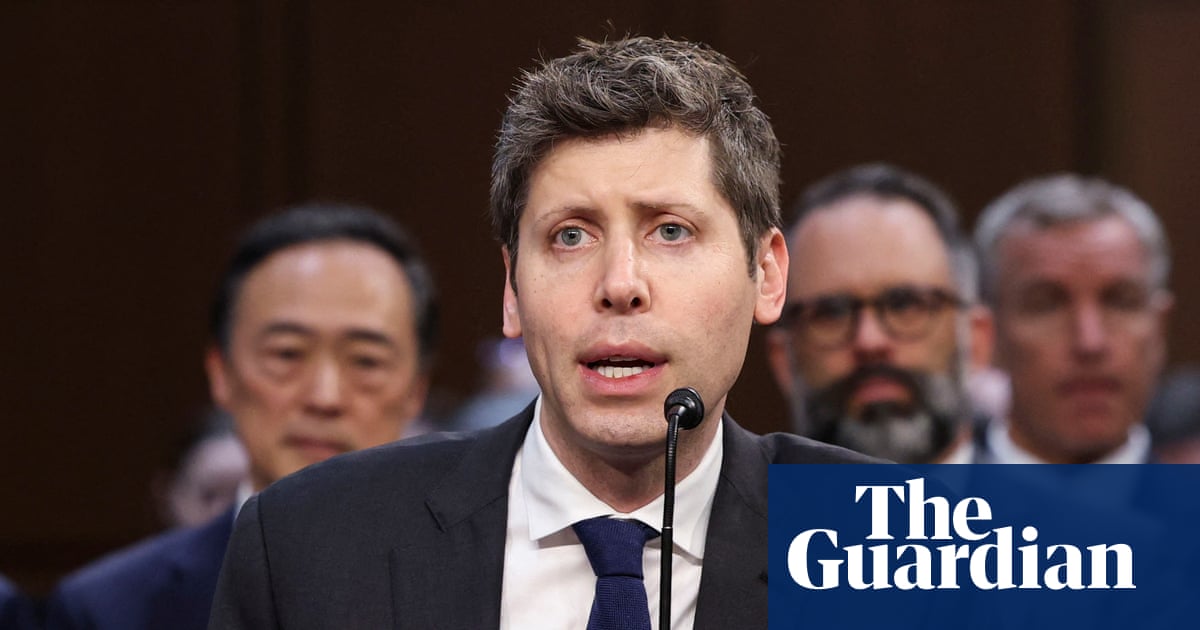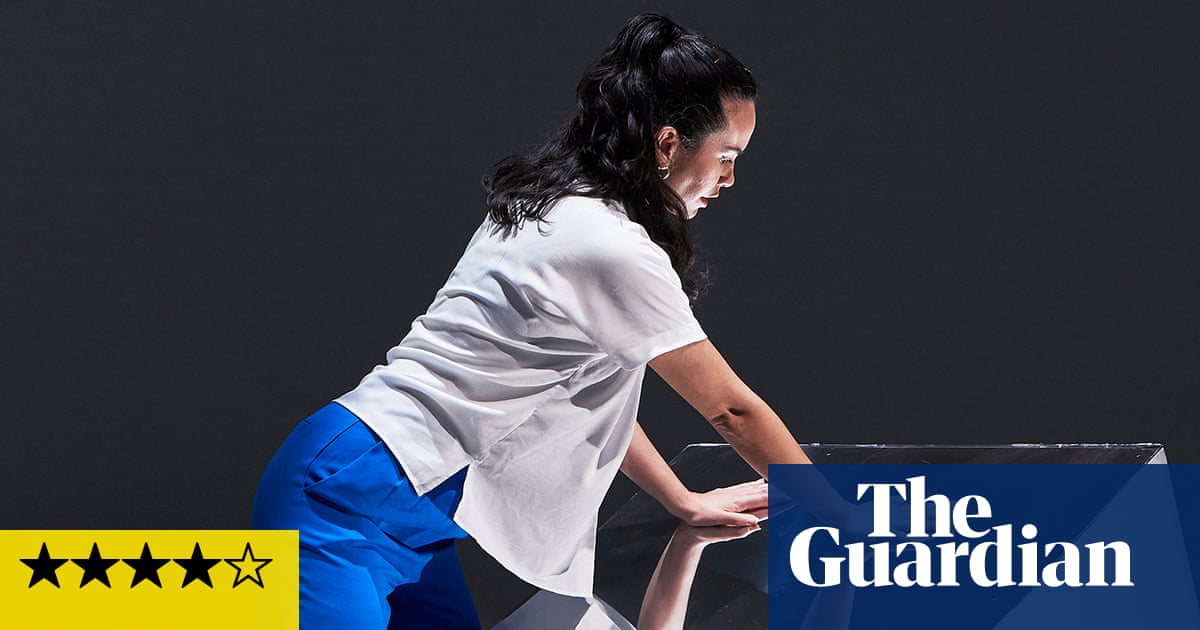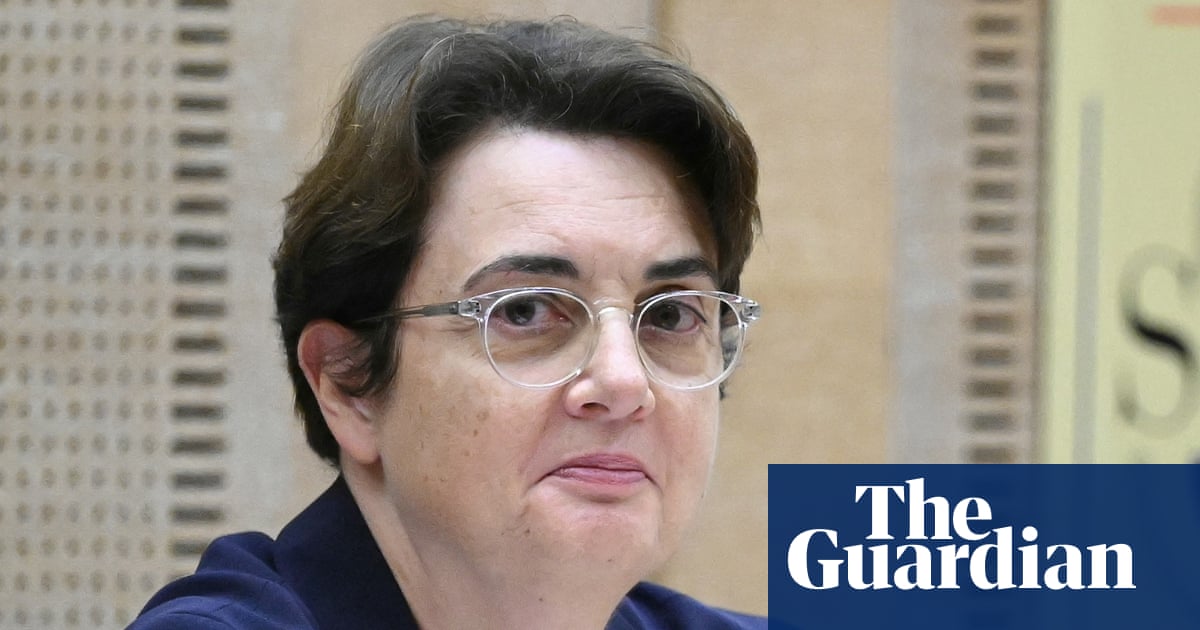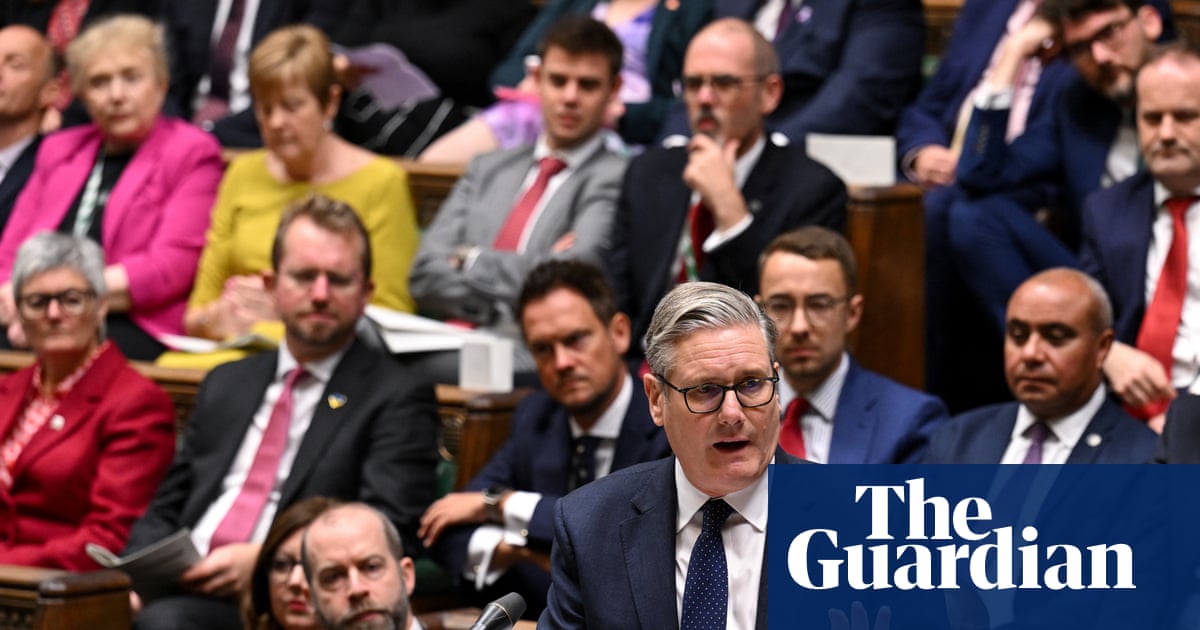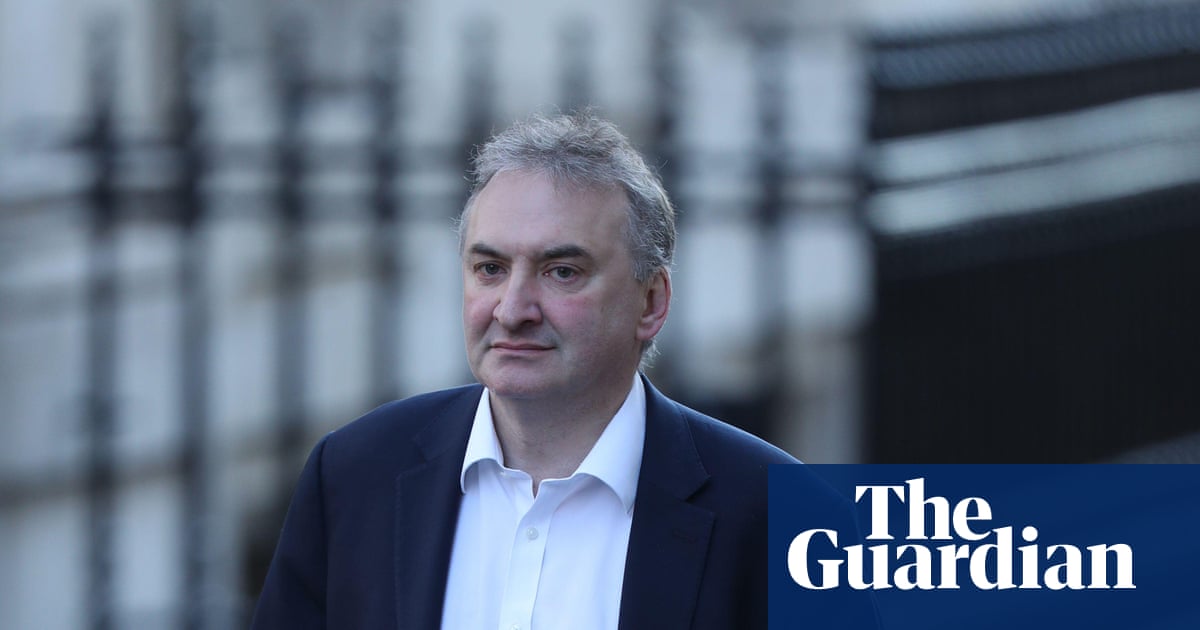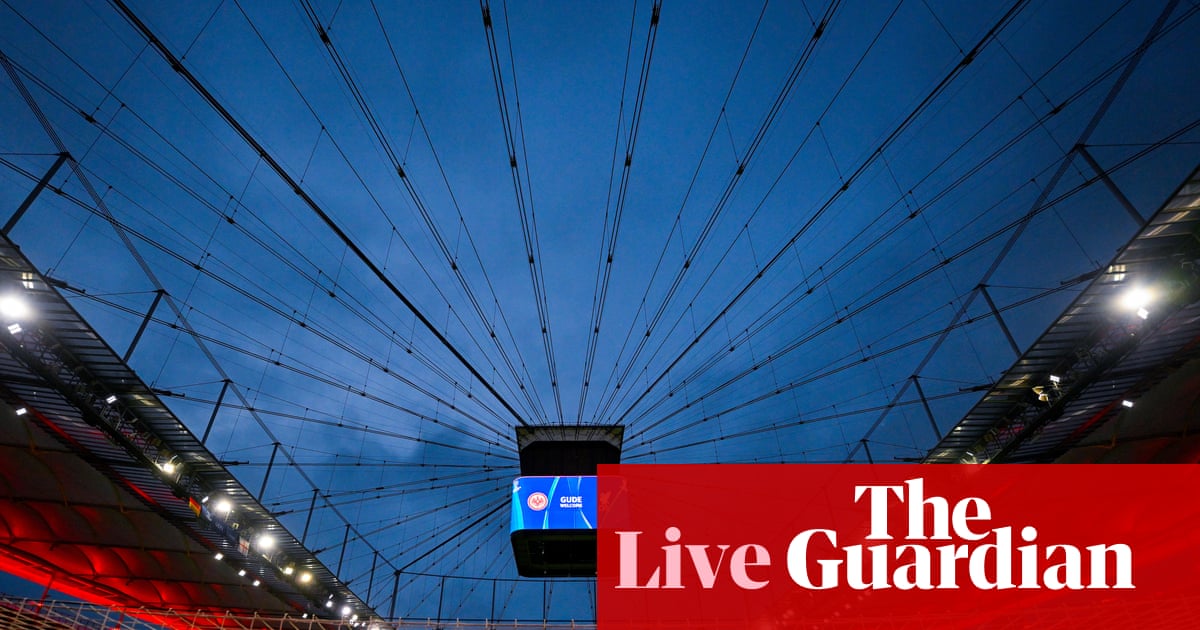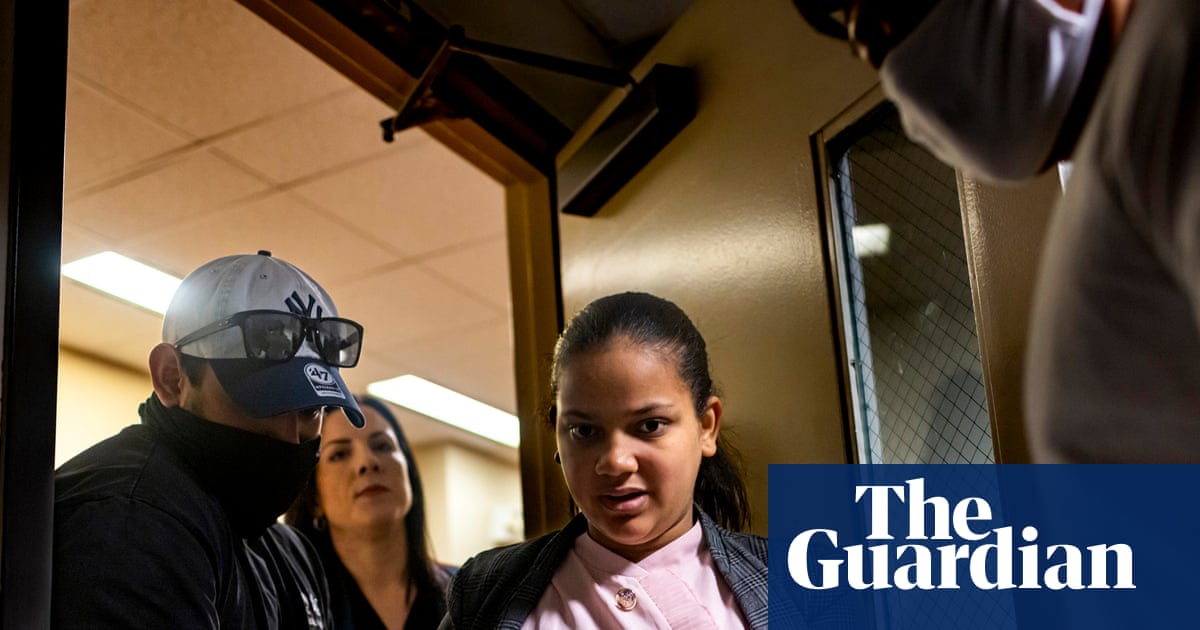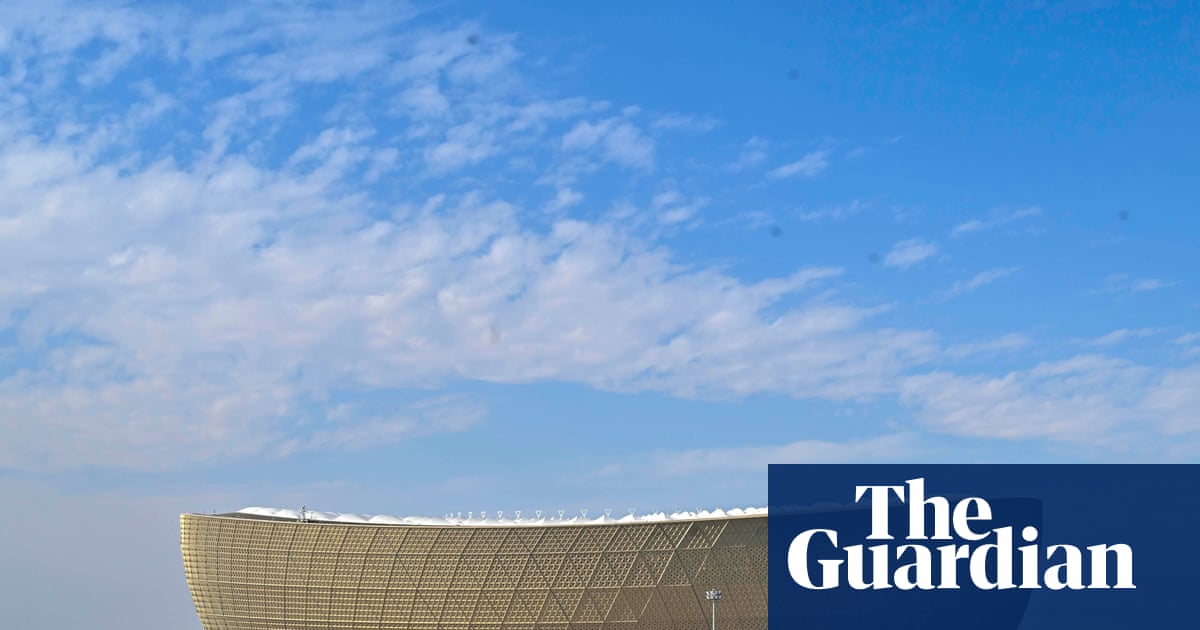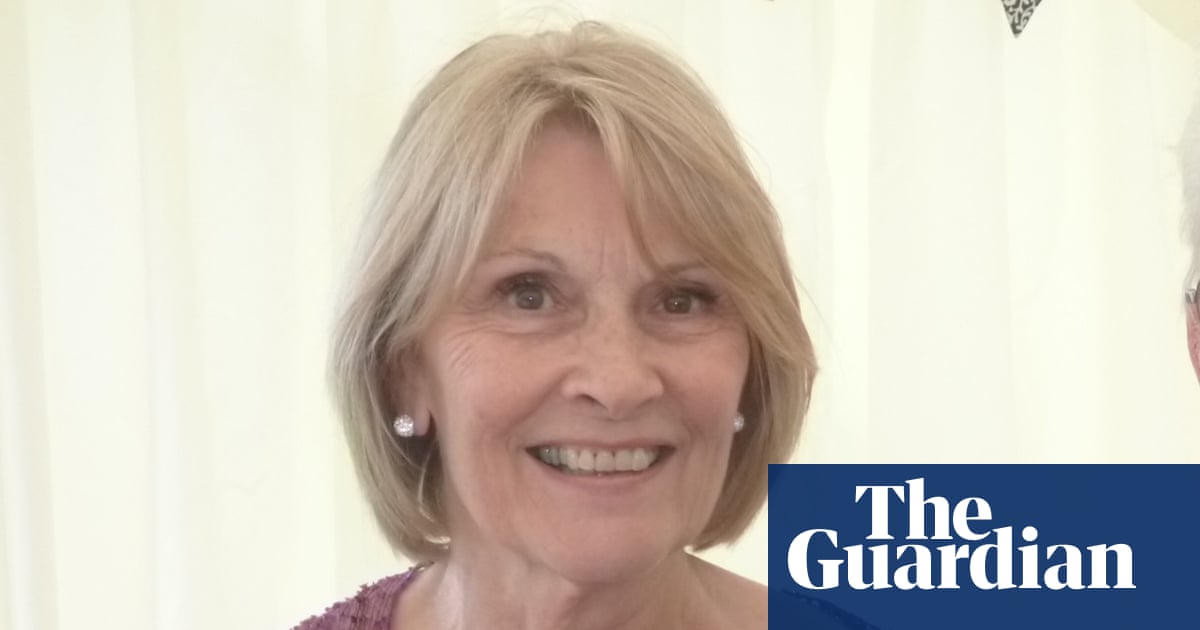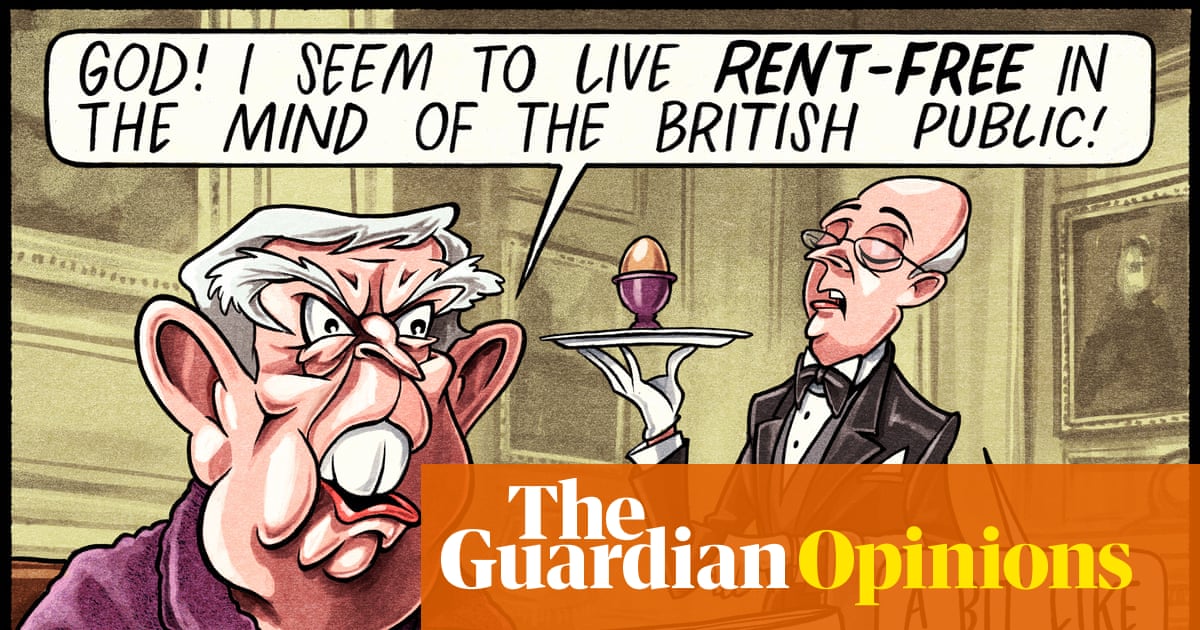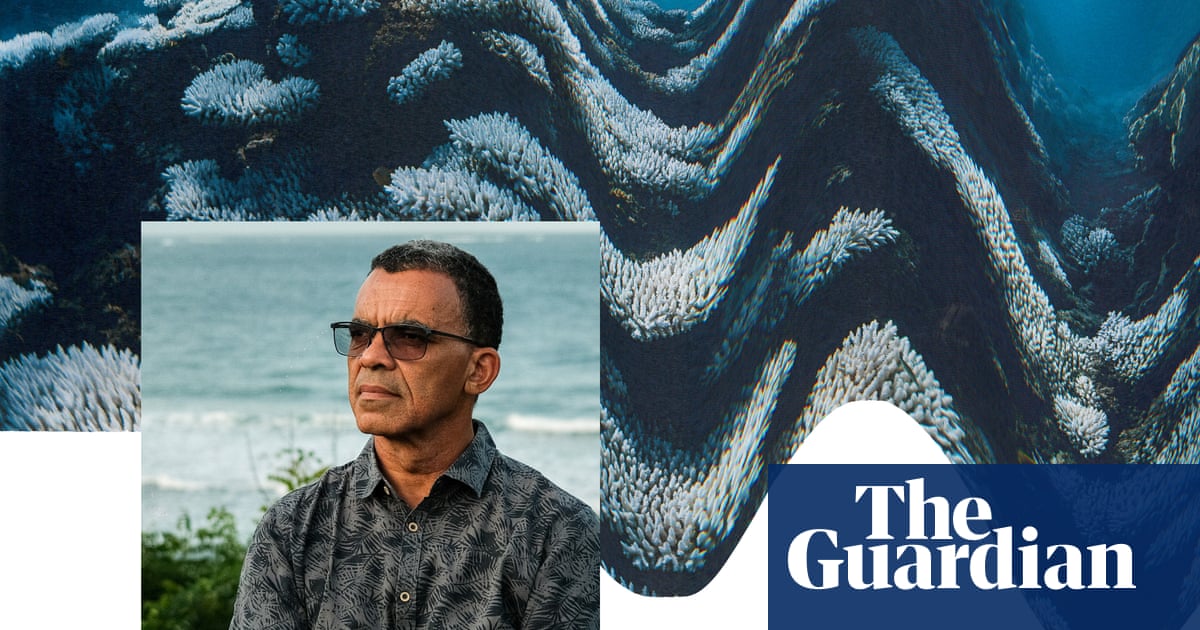The family of Sheku Bayoh has accused Scotland’s police and prosecutors of “a desperate final act of sabotage” after the chair of the inquiry into his death in custody resigned.
At a hastily convened press conference after Lord Bracadale’s unexpected resignation on Tuesday, Bayoh’s family said the former high court judge had been “forced out” by what they called the “unholy trinity” of the solicitor general, Scotland’s deputy chief prosecutor and the chief constable of Police Scotland, led by the Scottish Police Federation, which represents the officers allegedly involved in his death.
“They forced the resignation of a man because they did not like his impartiality, empathy and compassion,” said the family’s lawyer, Aamer Anwar, reading from a family statement alongside Bayoh’s sister, Kadi Johnson.
Bayoh, 31, died in handcuffs and sustained multiple injuries after officers responded to calls about a man brandishing a knife and behaving erratically in Kirkcaldy, Fife, in May 2015.
Bayoh’s family believe his death was caused by positional asphyxia because of the restraint tactics used by the police, which they allege overreacted and were influenced by racial bias.
A pathologist told the inquiry that the struggle while being held by at least six police officers should be considered a major part of what caused his death.
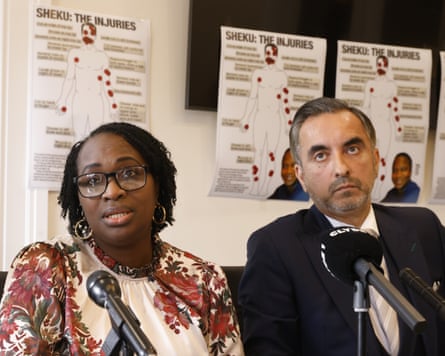
The long-running inquiry, which began in 2020 and has already cost more than £26m, has been thrown into chaos by Bracadale’s decision. He was facing a judicial review next month, brought by the federation over claims of apparent bias.
In August, the inquiry heard claims from the solicitor general, Ruth Charteris, and the federation that the judge unfairly held private meetings with Bayoh’s family and allegedly shared information not available to the inquiry’s other participants. Bracadale rejected the claims and refused to step aside.
But yesterday, in his resignation letter to the deputy first minister, Kate Forbes, he wrote: “As the judicial review process developed it became clear that the concerns about my conduct had not been allayed by my decision and that the criticisms have persisted.”
In their statement, Bayoh’s family said: “Over 10 years after Sheku Bayoh’s brutal death in police hands, 122 days of evidence, this was a desperate final act of sabotage, where the federation spent millions of pounds of public money pursuing a judicial review backed in their unholy trinity by the solicitor general and Police Scotland’s lawyers.”
Johnson called on Charteris to reverse the previous decision not to prosecute the officers involved, while Anwar accused her of attempting to protect the Crown Office from scrutiny.
He said the episode exposed “double standards” of institutions that endeavoured to influence the chair themselves “yet threw their toys out of the pram when he dared to meet with the family”.
Anwar insisted there was nothing wrong with Bracadale meeting the Bayoh family, pointing to Covid and Grenfell inquiries where the chairs had similarly wanted to “put families at their heart”.
Johnson took time to acknowledge Bracadale’s “courage” and his “commitment to ensuring that the voices of those affected would be heard”.
Speaking on BBC Radio Scotland, chair of the federation, David Threadgold, said he looked forward to a new chair “bringing these matters to a conclusion for the benefit of everybody”.
When asked about Anwar’s remarks, he said the lawyer was “entitled to say anything he wishes”, adding: “The federation, as are other parties involved, are part of due process. We have taken decisions based on what we consider legal challenges supported by our lawyers and that’s all I’d like to say.”

.png) 5 hours ago
4
5 hours ago
4

